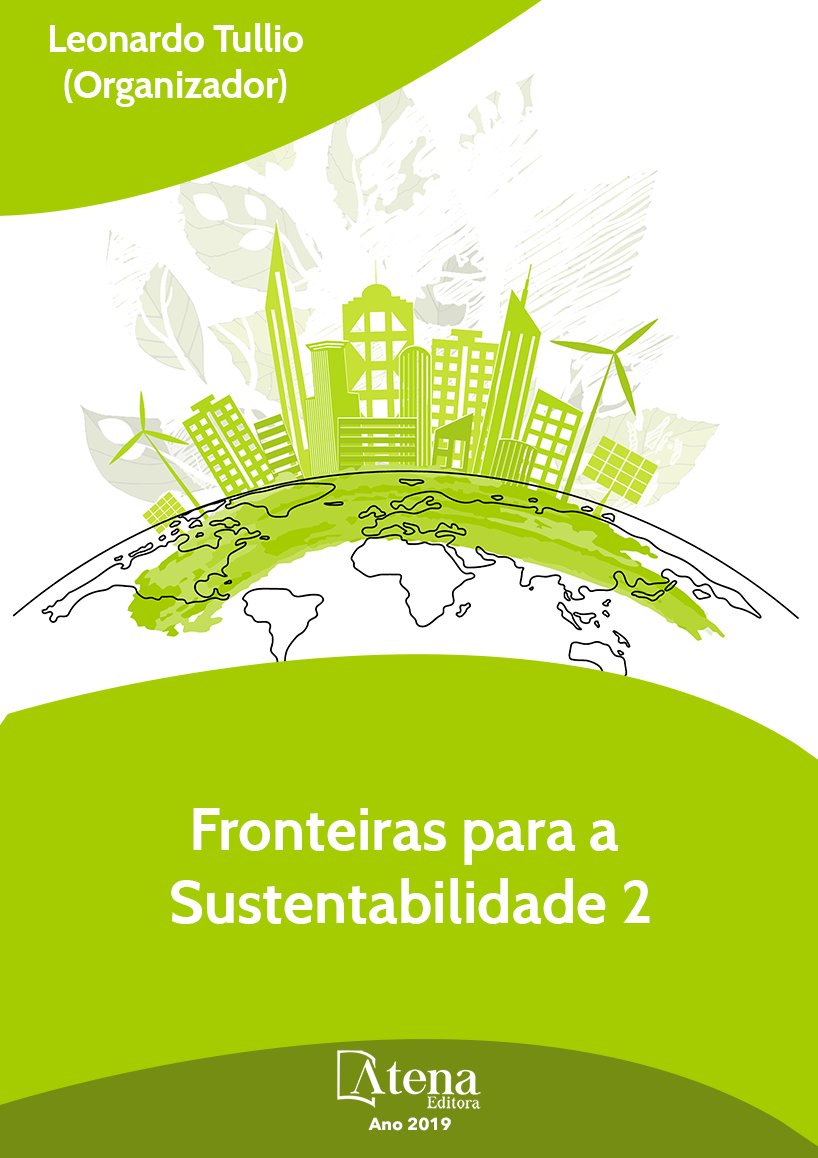
ROTEIRIZAÇÃO TURÍSTICA COMO INSTRUMENTO DE DESENVOLVIMENTO TERRITORIAL: O ROTEIRO ‘VERDE QUE TE QUERO VERDE’ DE CAMPO MAGRO/PARANÁ (BRASIL)
O turismo vem contribuindo para o desenvolvimento do entorno rural do Aglomerado Urbano de Curitiba, região de grande concentração urbana localizada no leste do estado do Paraná. Roteiros turísticos rurais são os instrumentos utilizados para o fomento desse desenvolvimento. Objetiva-se aqui analisar a articulação entre roteirização turística e desenvolvimento territorial a partir da constituição de sistemas de autogovernança: as associações de roteiros. O aprofundamento empírico se volta ao roteiro ‘Verde que te quero verde’, que se localiza no município de Campo Magro. A abordagem utilizada é qualitativa e se pauta em entrevistas de profundidade e observação in loco. Avalia-se o processo de gestão do roteiro, as relações entre o roteiro e o Aglomerado Urbano de Curitiba, bem como, os impactos positivos e negativos gerados pela atividade turística. A autonomia dos empreendedores locais na gestão do roteiro, conjugada ao intenso fluxo de turistas e visitantes, trouxe nova dinâmica a zona rural de Campo Magro garantindo, além da permanência dos moradores na zona rural, melhoria nas condições e qualidade de vida desses. Portanto, pode-se concluir que a roteirização estudada constituiu-se num exemplo exitoso de desenvolvimento territorial.
ROTEIRIZAÇÃO TURÍSTICA COMO INSTRUMENTO DE DESENVOLVIMENTO TERRITORIAL: O ROTEIRO ‘VERDE QUE TE QUERO VERDE’ DE CAMPO MAGRO/PARANÁ (BRASIL)
-
DOI: 10.22533/at.ed.7311923126
-
Palavras-chave: Roteirização Turística; Desenvolvimento Territorial; Campo Magro/Paraná/Brasil.
-
Keywords: Touristic Route Planning; Territorial Development, Campo Magro/Paraná/Brazil.
-
Abstract:
Tourism has contributed to develop the rural surroundings of the Curitiba urban nucleus, a region of great urban concentration which is localized in the East of the Paraná State, Brazil. Touristic Routes are the tools to foment such a development. In this context, the articulation between touristic route planning and territorial development will be analyzed from a perspective of self-constituted systems of self-government, the route associations. Empirical evidence will be drawn from the “Green I want you Green” Route in the Campo Magro Municipality (Paraná, Brazil). The approach is qualitative and based on in-depth interviews and local observations. Thus, the investigation refers to the natural and cultural potential, the transformations that have affected the local productive system, the process of route planning, the relations between the route and the Urban Nucleus of Curitiba, as well as the positive and negative impact of tourism activities. The autonomy of local entrepreneurs to manage the route, together with an intense movement of tourists and visitors, has brought a new dynamic to the rural zone of Campo Magro, thus guaranteeing better quality and living conditions for the population that also has persisted in its rural area. Therefore, it can be concluded that the route in study can be evaluated as a successful example of territorial development.
-
Número de páginas: 19
- Cicilian Luiza Löwen Sahr
- CLOTILDE ZAI


